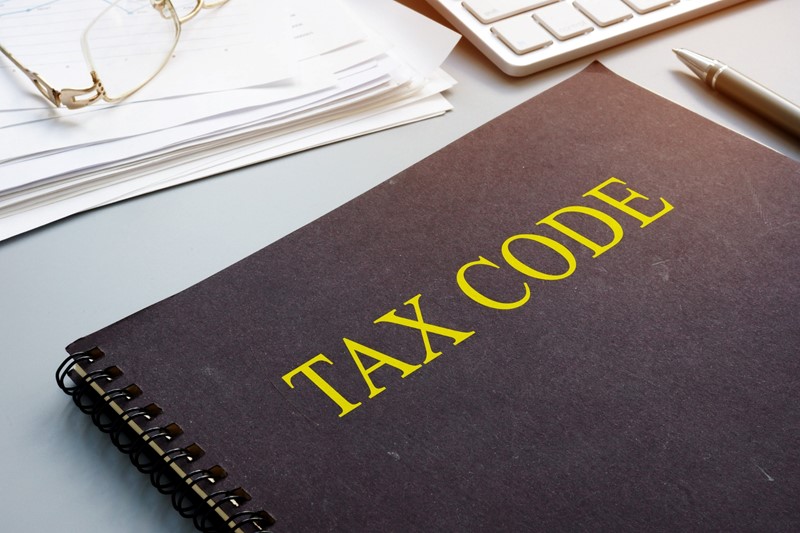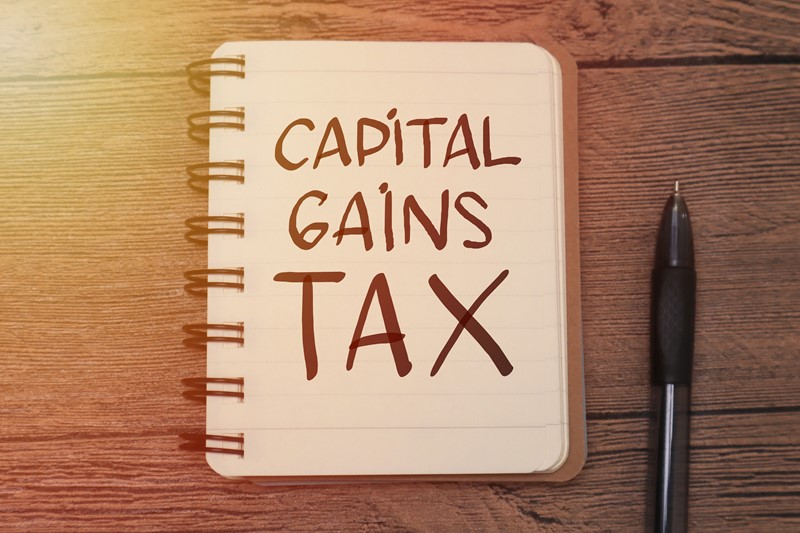If you are retiring abroad, you are still entitled to claim your UK State Pension as long as you have built up a suitable amount of qualifying years of NIC contributions. However, your entitlement to yearly increases in the State Pension only apply in certain countries.
The increases only apply if you live in:
- The European Economic Area (EEA) or Switzerland.
- A country that has a social security agreement with the UK that allows for cost of living increases to the State Pension. Note, the UK has social security agreements with Canada and New Zealand, but you cannot get a yearly increase in your UK State Pension if you live in either of those countries.
If you do not qualify for the annual increase in the State Pension but move back to the UK then your pension will revert to the current rate.
If you are living abroad, you must be within four months of your State Pension age to claim.
To claim your pension, you can either:
- contact the International Pension Centre; or
- send the international claim form to the International Pension Centre (the address is on the form).
You can elect to have your pension paid into a UK or foreign bank account. There are also tax implications that need to be considered. If your country of residence does not have a double taxation agreement with the UK, you may pay tax in both places.












